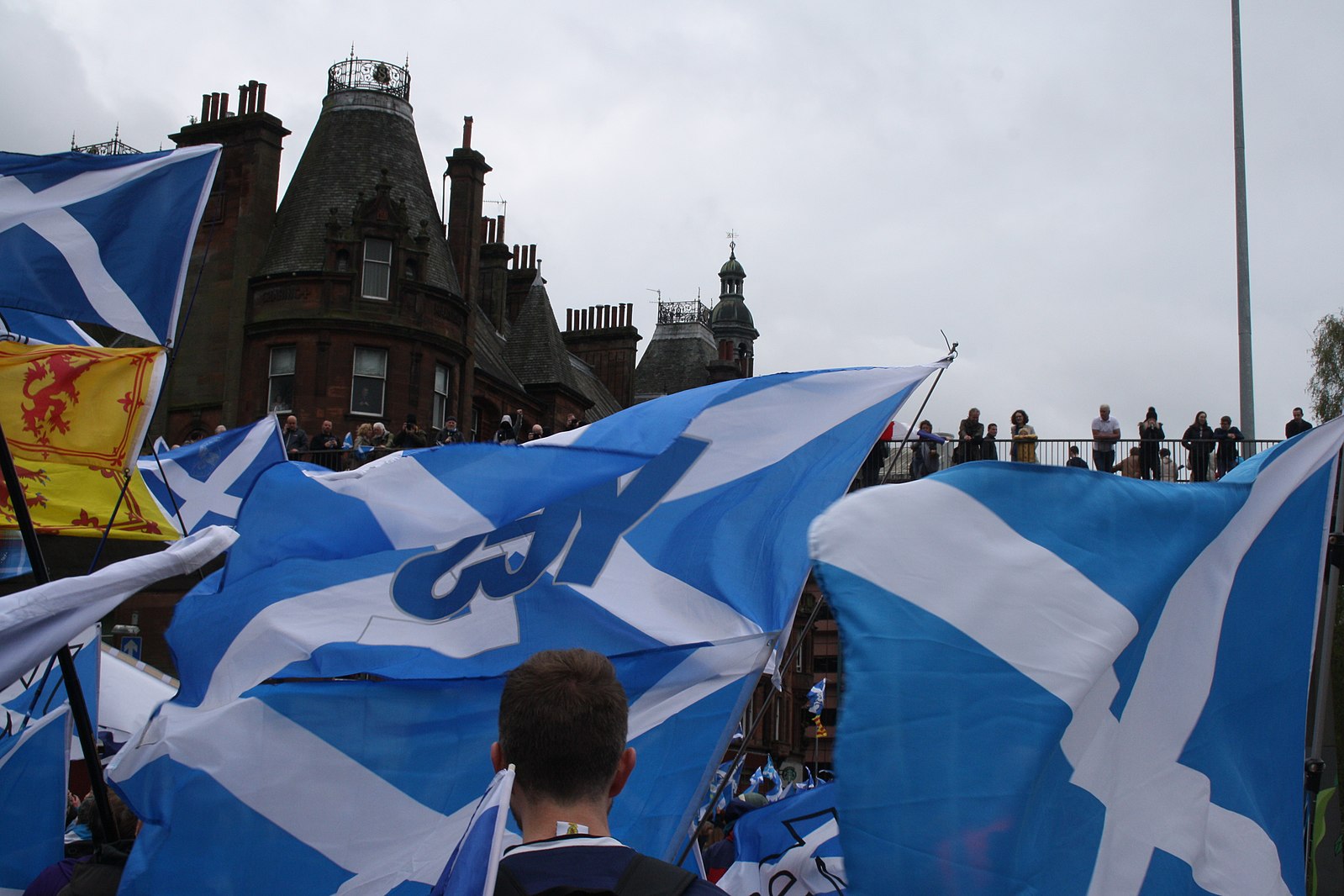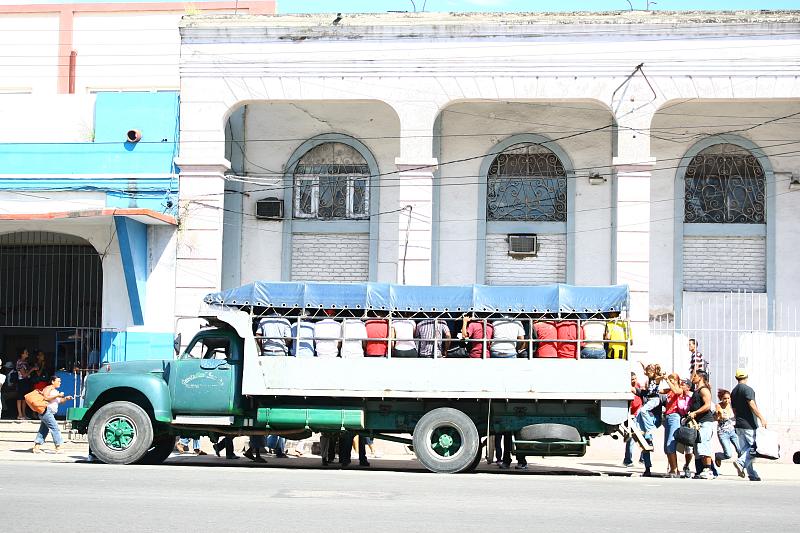In 2011, Dilma Rousseff was elected the first female president of Brazil. During her tenure, Rousseff advocated many popular policies including economic stability, poverty reduction, a decrease in unemployment, and political and tax reform. She went on to enjoy an approval rating of over 70 percent in the beginning of her first term, which eventually enabled her reelection in the 2014 presidential election.
During her second term, however, her approval ratings plummeted quickly, first to 12 percent and later just 9 percent. This huge drop from her first to second term can be attributed to the country’s poor economic performance, as well as the numerous corruption scandals that emerged from Rousseff’s government. Throughout 2015 and 2016, protests broke out across the country, some reaching upwards of six million attendees demanding her impeachment.
As exemplified by Dilma Rousseff’s ultimate impeachment, the economic conditions observed in a country can deeply affect the outcome and overall support of a government. Brazil is a useful case study for this theory, as the same was observed during the Brazilian military dictatorship, a period of political turmoil remembered for the extensive human rights violations by the regime. Higher public support by the middle and upper class indicated a willingness of citizens to overlook corruption and scandals as long as the country was doing well economically.
Dilma Rousseff, the Brazilian Economy, and Corruption
Not long before Rousseff assumed office in 2011, the Brazilian economy began to slow down. While the country recorded relatively elevated numbers before and after the 2008 recession, reaching a growth rate as high as 7.5 percent in 2010, the economy grew just 2.1 percent annually between 2011 and 2013.
It wasn’t until mid-2014 that the situation truly began to worsen, with Brazil entering a severe economic crisis that saw GDP growth decrease by over 3 percent in both 2015 and 2016. The presidential election was held the same year, which resulted in a second term for Rousseff, though by a much narrower margin of only 51 percent of the popular vote compared to her previous victory with 56 percent of the vote.
The 2014 economic crisis is believed to have been caused by the inconsistent macroeconomic policies implemented by Rousseff during her first term. Her administration’s decisions reduced Brazil’s economic competitiveness, deteriorated fiscal outcomes, increased inflation, and contributed to an overall decrease in the administration’s political credibility. The president was criticized for abandoning many economic principles, such as stabilizing inflation, and ignoring important reforms that would have ensured competition. Furthermore, her government continued to spend despite decreasing tax revenues, with the hopes that public investment would spur growth.
Political Scandal, Protests and Rousseff’s Impeachment
In March 2014, a money laundering and diversion scheme of approximately four billion dollars involving the petroleum company Petrobras surfaced. Rousseff was closely tied to the scandal as she was the chairwoman of the company’s board between 2003 and 2010, the period when most of the corruption was believed to have occurred. Although she was not found to have personally been involved or profited from it, her competence was called into question. Furthermore, a number of politicians from her political party were exposed to have been involved in the scheme, which further damaged the reputation of the party as a whole.
Due to the corruption scandal, much of the attention that should have been dedicated to monitoring and repairing the economy was instead placed on the investigation of political leaders. Both the political and the economic situation continued to worsen throughout 2014, and by March 2015, the Brazilian population began to voice their displeasure of the administration through protests.
The first demonstration was reportedly attended by roughly three million people, with other protests continuing to have high attendance throughout the year and into 2016. At the movement’s peak in March 2016, its organizers reported nearly seven million people joined a demonstration criticizing the administration.
The protests and additional outrage from within the Brazilian government resulted in the start of the impeachment process against Rousseff in late 2015. By that time, public opinion of the president had been completely tainted by the controversies her administration was involved in, from the corruption scandals to the alleged responsibility she had in the economic crisis. Notably, a July 2015 poll showed that roughly 62 percent of Brazilians wanted her impeached. However, it was only in August of the next year that she was officially impeached by the Senate after being found guilty of breaking budgetary laws.
Parallels with the Military Dictatorship
By looking at Brazil’s history, it is not difficult to find similar instances where economic conditions also affected an administration’s support.
Unlike the Rousseff years, in which poor economic conditions created political and social instability, the otherwise brutal military dictatorship between 1964 and 1985 saw generally high public approval as a result of booming growth. During this period, the government seemingly enjoyed support from the public despite reports of widespread human rights violations. Contemporaneous information is somewhat limited due to the opaque nature of the dictatorship; however, the purported Brazilian reaction is in line with indications that economic conditions can significantly sway public approval.
In the 1970s, the administration reached the height of its support due to the “Brazilian Miracle.” This phenomenon refers to the remarkable economic growth achieved from 1969 to 1973 as a result of government intervention in the economy and the establishment of a number of measures to promote growth. These ranged from policies to stimulate international financial investments to increasing foreign loans. Growth rates during this period reached an annual average of more than 11 percent per year (for reference, China grew at a high of 8 percent in 2021). Interestingly, this period of financial growth coincided with some of the most oppressive and violent years of the dictatorship.
The extraordinary level of economic growth swallowed up any attention that would have otherwise been focused on human rights abuses. For example, the globally renowned The Economist almost entirely ignored reports of the oppressive government to focus on economic prosperity instead.
Although the corruption scandal factored into Rousseff’s impeachment, her role in the downfall of the Brazilian economy created the basis for her removal from office. However, it is interesting to question whether the public would have had the same reaction to the corruption scandal if economic conditions were positive instead. Unfortunately for Dilma Rousseff, she found herself in a situation where both the economy and politics were working against her, which eventually resulted in her impeachment.




